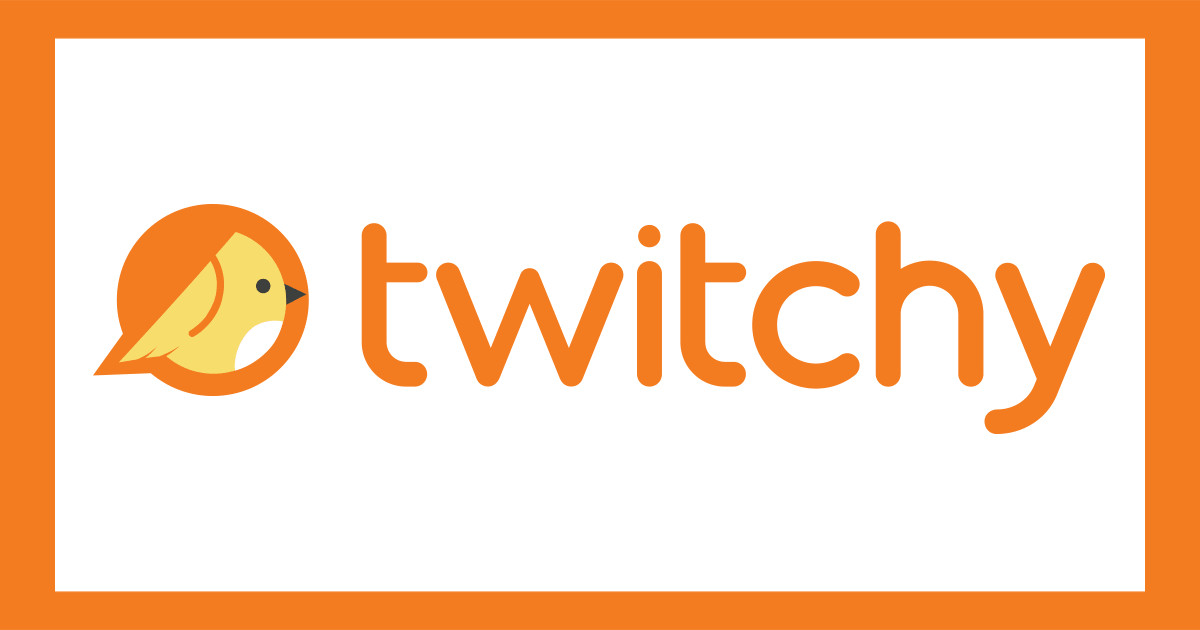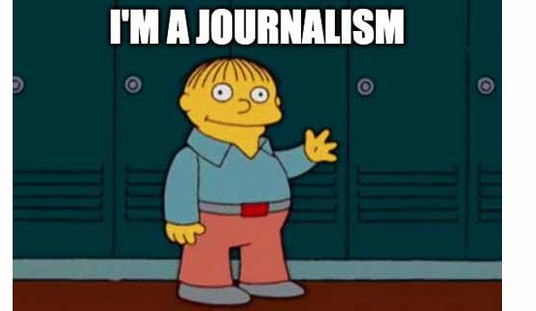UNICEF ran into a bit of controversy this week with the release of a report suggesting that there’s no evidence that children are harmed by exposure to pornography. The Center for Family and Human Rights sounded the alarm on this one, noting that UNICEF based its report on an EU study that showed 39 percent of Spanish children were happy after seeing pornography:
The 2020 EU Kids Online study compared survey findings from 19 European countries and found that in most countries, most children who saw sexual images online were neither upset nor happy (ranging from 27 percent in Switzerland to 72 percent in Lithuania); between 10 percent and 4 percent were fairly or very upset; and between 3 percent of children (in Estonia) and 39 percent (in Spain) reported feeling happy after seeing such images.
We don’t want to know how they conducted that study.
The section on pornography was part of a discussion paper titled, “Digital Age Assurance Tools and Children’s Rights Online across the Globe,” which does seem to have children’s interests at heart.
UNICEF Says Pornography Not Always Harmful to Children.
Seriously, what the fuck is going on in the world? https://t.co/k1PQ7TtFPZ— Rising serpent 🇺🇸 (@rising_serpent) May 29, 2021
The agenda couldn’t get any clearerhttps://t.co/CqCbNCB616
— Imagine trusting Politicians and Celebrities😂 (@skye_daddy) May 30, 2021
They’re trying to normalize everything that is evil & wrong in the world. Gaslighting and inversion is the new name of the game.
— Carole Mac (@HerbsandDirt) May 29, 2021
Perhaps a flood is indeed in order.
— Fred The Cat (@FredtheCat18) May 29, 2021
Satan's come out of hiding, there's an all out battle for people's souls between good and evil.
— Tweek (@jacktherabbit11) May 29, 2021
Well this article saves me about $200 a year…
— Sarcastic Eric (@eolsn) May 29, 2021
I hadn't begun giving to them this year. This makes me seriously doubt them and their intentions.
— Rising serpent 🇺🇸 (@rising_serpent) May 29, 2021
The spirit of corruption is difficult to hinder and nearly impossible to kill.
— Lance Vader (@LanceVader) May 30, 2021
They are trying to provide cover for their friends
— Johanna Scharf (@JohannaScharf) May 29, 2021
Next step in normalizing pedophilia. Dont buy it….
— Dogloverinne (@Dogloverinne1) May 29, 2021
One world government pushed by some scary people
— tcb (@TCBnole) May 29, 2021
Not only that, the report said blocking access to porn for them is an infringement of their human rights.
Yet another example of the effort to serialize children.
— Ken WIllett (@KenWIllett8) May 29, 2021
UNICEF says any efforts to block children from accessing pornography online might infringe on their human rights. UNICEF bases this claim on an expansive interpretation of the International Covenant on Civil and Political Rights.
UNICEF also claims that asking for age-verification to access pornography online may deny children access to what it calls “vital sexuality education.” It should be noted that critics charge “comprehensive sexuality education” is pornographic and harmful to children.
I can't believe I use to help raise money for them as a child 🤦🏽♀️🤦🏽♀️🤦🏽♀️🤦🏽♀️
— Ravens Touch (@CeTiVa21) May 30, 2021
There was no way we could of known
— Imagine trusting Politicians and Celebrities😂 (@skye_daddy) May 30, 2021
It has been clear for a while.
— The white wolf 🇮🇸🇮🇪🇵🇸🌺 (@SnorriSveinn) May 30, 2021
Well the report is based on a European study.
— Elixir (@elixirssss) May 30, 2021
Globalists pushing porn on children? Alex Jones was right again! @AlexJonesWs
— NAPitalism (@roastedsoisauce) May 31, 2021
Grotesque.
— Gigi Levangie, etc. (@GigiLevangie) May 30, 2021
The Center for Family and Human Rights, which reported on the initial report, says UNICEF took it down from its website and then republished a “carefully edited” version.
The UNICEF report admits that some research demonstrates that access to pornography at a young age is linked with certain “negative outcomes” but that “evidence suggests that children’s exposure to a certain degree of risk … helps them to build resilience.”
The report implies that determining what is harmful to children requires carefully balancing their right “to be protected online from sexual exploitation and abuse and from violence” against “their rights to privacy, freedom of expression … and access to information.”
Alex Jones was right?
— Lalo (@salamanca_acct) May 31, 2021
Related:
‘Want to see a bad take?’ WaPo opinion columnist argues that criticizing blatant child sexual exploitation in Cuties is ‘a really horrible thing to do’ to those little girls https://t.co/suhpLkgUEL
— Twitchy Team (@TwitchyTeam) September 12, 2020
























Join the conversation as a VIP Member